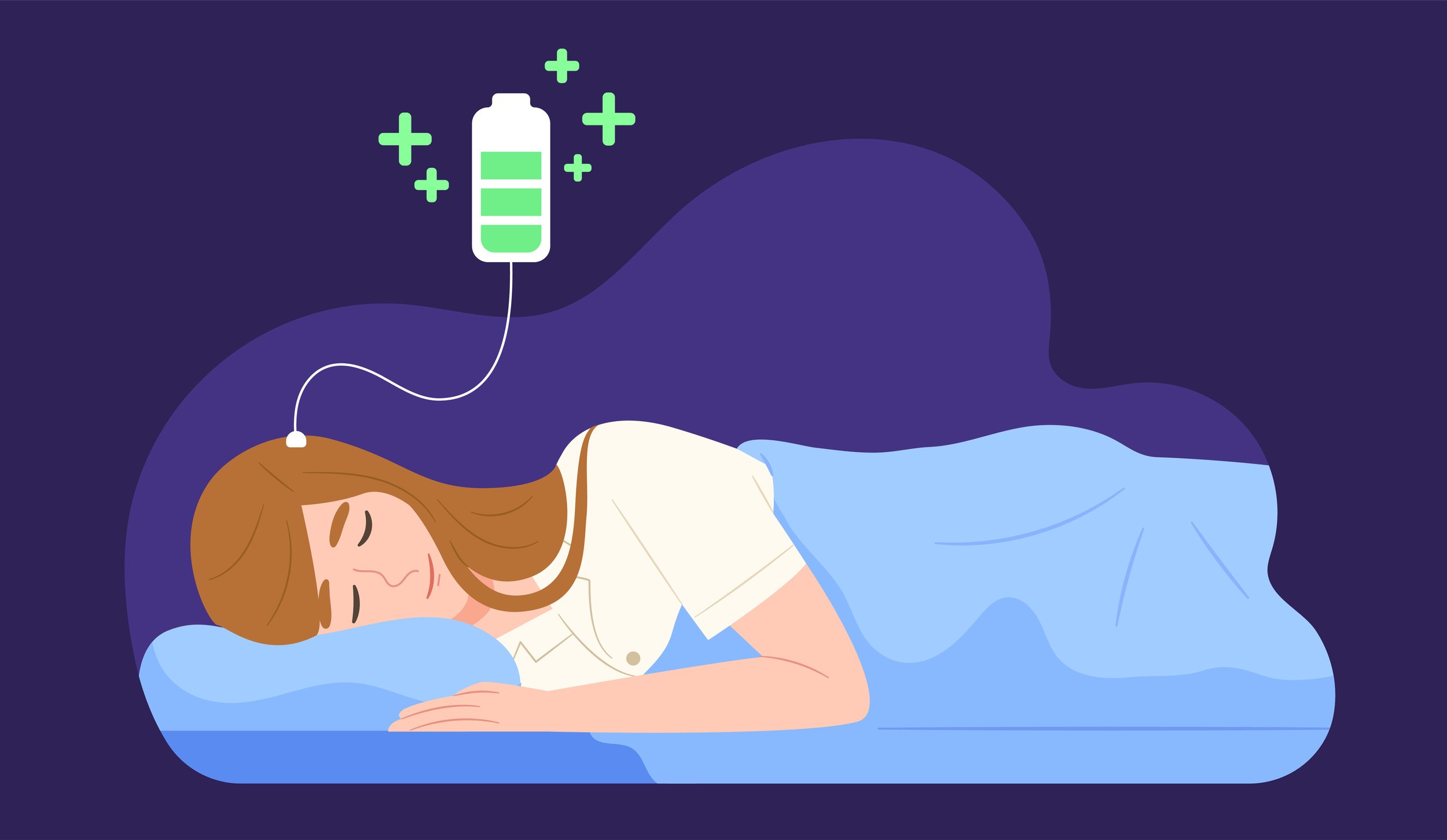How Chronic Stress is Making You Sick and 5 Things You Can Do About It.
Stress is a natural human reaction that can be a good thing in certain situations. However, experiencing long-term or chronic stress can take a toll on the body and lead to serious illness.
We can’t avoid stress, so it’s important to find ways to recognize and deal with the effects of stress. Read on to learn more about the dangers of chronic stress, and 5 things you can do right now to manage stress in your life.
The Problem with Chronic Stress
What is stress and why do we need it? When presented with something that causes stress (a “stressor”) your body produces a mix of hormones and activates your sympathetic nervous system. The effect, otherwise known as “fight-or-flight” includes increased mental activity and muscle strength to allow you to stay alert and avoid danger. So, stress is an important survival instinct.
But what happens when you don’t give your body and mind the chance to relax? Long-term or chronic stress is linked to all six of the leading causes of death in the United States: cancer, coronary heart disease, accidental injuries, respiratory disorders, cirrhosis of the liver, and suicide.
Some other health problems associated with stress include fatigue, irritability, headaches, anxiety, depression, weight gain, increased blood pressure, poor sleep, irregular menstrual cycles, low libido, and erectile dysfunction.
Unsurprisingly, there is also a link between stress and chronic pain, especially in the neck and back. In fact, I treat many patients for their chronic neck and back pain, and these patients also report feeling stressed.
5 Ways to Manage Chronic Stress
The bad news is that we don’t just feel stress in life-or-death situations. Anything can cause stress: our careers, parenting, confrontations, planning or worrying, traumatic events…and the list goes on. The good news is that there are ways to handle your stress so that it doesn’t get out of control.
Develop good sleeping habits.
Sleep allows our bodies and minds to recharge after a long day. If you are experiencing chronic stress, it’s especially important to make sure you’re getting a full night’s rest each night. Try practicing some of these healthy sleep habits:
Keep a consistent sleep schedule, and get up at the same time each day.
Make your bedroom a safe, quiet place for you to relax.
Turn off electronics 30 minutes before going to bed.
Avoid alcohol, caffeine, and large meals before bedtime.
Get some exercise during the day, which can help you fall asleep at night.
For more, visit: healthy-sleep-habits
Follow a healthy diet.
You may have heard of stress-eating before. Well, one study found that there is a link between chronic stress and high consumption of soda and fatty foods. While comfort foods may temporarily help to alleviate stress, poor eating habits can worsen the health effects of chronic stress. If this sounds like you, try some of these eating tips to manage stress:
Avoid caffeine. Studies have shown that caffeine increases blood pressure, and can lead to anxiety.
Eat your fruits and veggies. Fruits and vegetables are high in vitamins and minerals that work to counteract the harmful molecules your body produces when you experience stress. Some particularly effective foods include oranges for their Vitamin C and leafy greens for their abundance of magnesium.
Eat regularly throughout the day, which has been shown to maintain your blood glucose levels. Stable blood sugar helps to keep your brain functioning at its best.
Add unsaturated fats like Omega fatty-3 acids, which are associated with brain function. Foods like walnuts, flaxseed, and salmon are good sources of unsaturated fats.
Get some exercise.
Regular physical activity can reduce stress, tension, and anxiety. It can also reduce the risk of developing heart disease and stroke, control blood sugar, curb your appetite, and improve sleep quality. Aerobic exercise also releases feel-good hormones called “endorphins” which can improve your mood.
All of these benefits can help you get in control of your stress. You don’t have to be an athlete to reap the benefits of exercise. Even a brisk walk or yoga flow can reduce your stress levels. Movement is medicine!
Try this quick yoga flow for stress relief: Stress Melt - 26 Min Yoga Break | Yoga With Adriene
Practice mindfulness and breathing techniques.
Breathe in. Breathe out. It seems simple, but your breath is a powerful tool to combat stress when it pops up during your day. Practice being aware of your body. When you feel yourself becoming stressed, try taking a break with some breathing exercises to bring down your heart rate. You might even avoid making a rash decision fueled by your stressed-out mind and body.
Here’s one breathing exercise for you to try the next time you’re feeling stressed:
Belly Breathing
You can practice this technique by lying down or sitting up straight. Just make sure that your back and neck are supported.
Take a deep breath in and out through your nose.
Place one hand on your belly, and another hand on your chest.
Breathe into your belly, and feel how the hand on your belly rises more than the one on your chest. Exhale completely.
Take as many more deep, full breaths as you wish. Continue until you feel yourself in a calmer state of mind.
Learn more about the benefits of breathing techniques, and practice more exercises here: Diaphragmatic Breathing Techniques for Pain Management
Talk to a professional.
If you have tried these or other techniques to reduce stress, but haven’t found relief, seek professional help. Chronic stress can be an overwhelming feeling, and it can be hard to manage these emotions on your own. Reach out to a counselor or other mental health professional, who can show you ways to manage your stress and anxiety, and help you to better cope with these emotions in your day-to-day activities.
If you or a loved one have thoughts of suicide, call the Suicide and Crisis Lifeline at 988. They are available 24 hours/day, 7 days a week.
At Restore Physical Therapy, we help patients deal with pain as a result of years of chronic stress. We can help you work through your chronic pain, and give you personalized guidance on how to manage stress in your life. It’s never too late for you to get back to living the life you enjoy.




